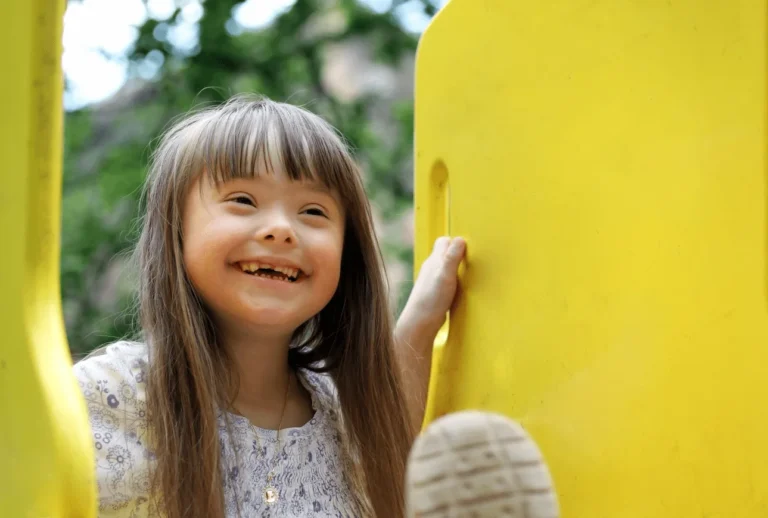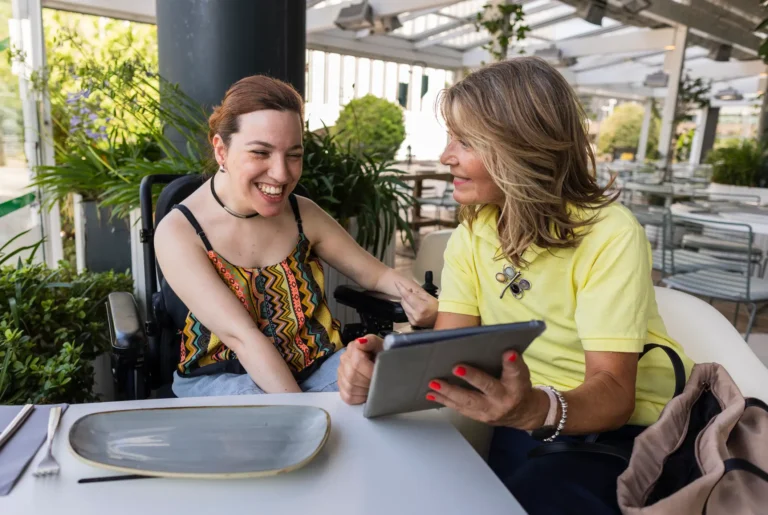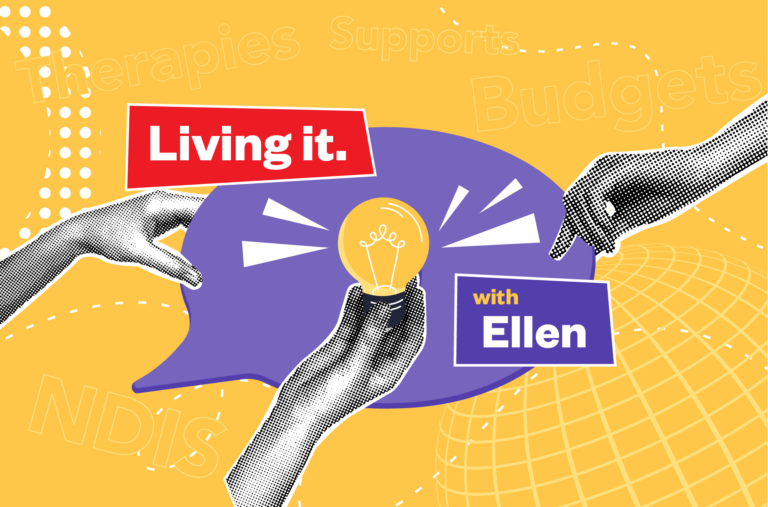
Nursing and wound care supports under the NDIS.
For some people with disability, wound and pressure care is already part of day-to-day support. It might involve regular skin checks, pressure management or keeping on top of dressings as part of a broader routine. When these supports are ongoing, questions often come up about where they sit and how they’re funded. Some nursing and wound care supports can be included in your NDIS Plan when they relate to your disability and everyday support needs. Others are treated as medical care and sit with the health system. The line between the two is not always obvious, particularly when care happens at home or over a long period of time. What are nursing supports? Nursing supports are specialist supports that help you manage disability-related health needs at home when extra skills or training are needed to support daily life. Depending on your needs, the NDIS may fund visits from an enrolled or registered nurse, assistance to develop or review a wound care plan and support to carry out the plan at home. Nursing supports may include help to: Take medicine Receive food through a PEG tube Change a catheter Manage and prevent wounds. What are wound care supports? Wound care supports







